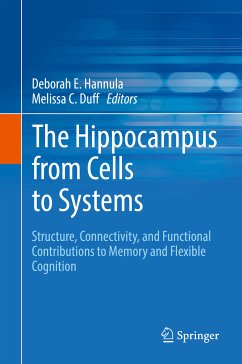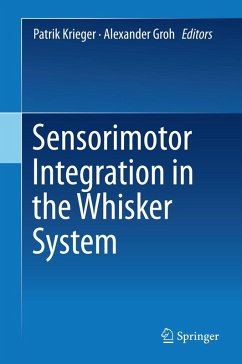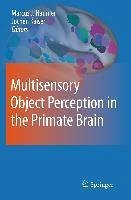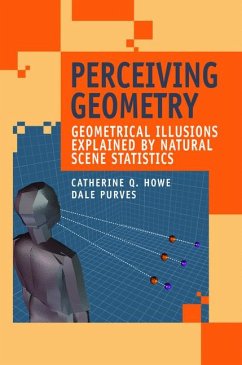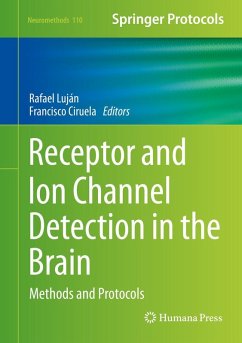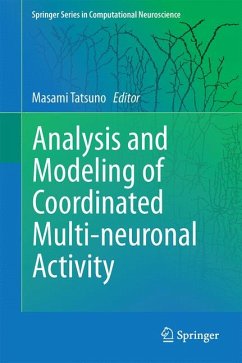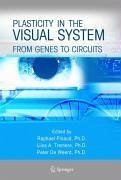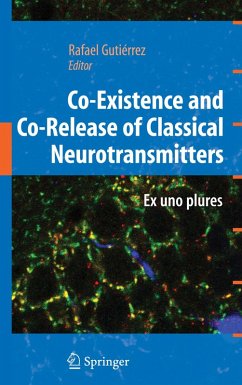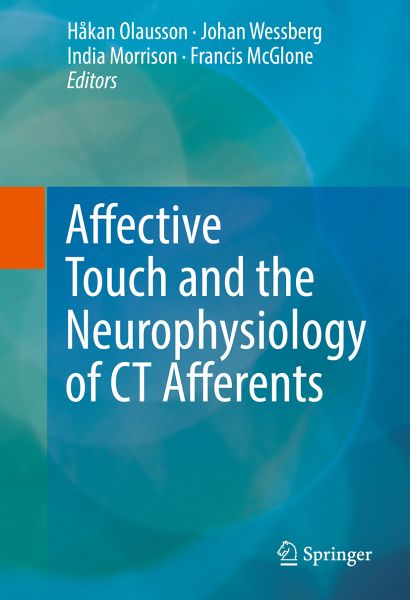
Affective Touch and the Neurophysiology of CT Afferents (eBook, PDF)
Versandkostenfrei!
Sofort per Download lieferbar
167,95 €
inkl. MwSt.
Weitere Ausgaben:

PAYBACK Punkte
84 °P sammeln!
CT afferents are receptors in mammalian hairy skin that fire action potentials when the skin is touched lightly which makes them particularly important in affective touch. Traditionally neuroscientific research has focused on more discriminative and haptic properties of touch that are mediated by large myelinated afferents and the coding properties and functional organization of unmyelinated CT afferents have been studied much less. The proposed volume will draw together existing knowledge in this nascent field. Separate sections will address (1) how we can measure affective touch, (2) CT stru...
CT afferents are receptors in mammalian hairy skin that fire action potentials when the skin is touched lightly which makes them particularly important in affective touch. Traditionally neuroscientific research has focused on more discriminative and haptic properties of touch that are mediated by large myelinated afferents and the coding properties and functional organization of unmyelinated CT afferents have been studied much less. The proposed volume will draw together existing knowledge in this nascent field. Separate sections will address (1) how we can measure affective touch, (2) CT structure and physiology, (3) CT processing, (4) the contribution of CTs to sexual behavior, (5) clinical relevance, (6) commercial relevance, and (7) future research considerations.¿
Dieser Download kann aus rechtlichen Gründen nur mit Rechnungsadresse in A, B, BG, CY, CZ, D, DK, EW, E, FIN, F, GR, HR, H, IRL, I, LT, L, LR, M, NL, PL, P, R, S, SLO, SK ausgeliefert werden.



